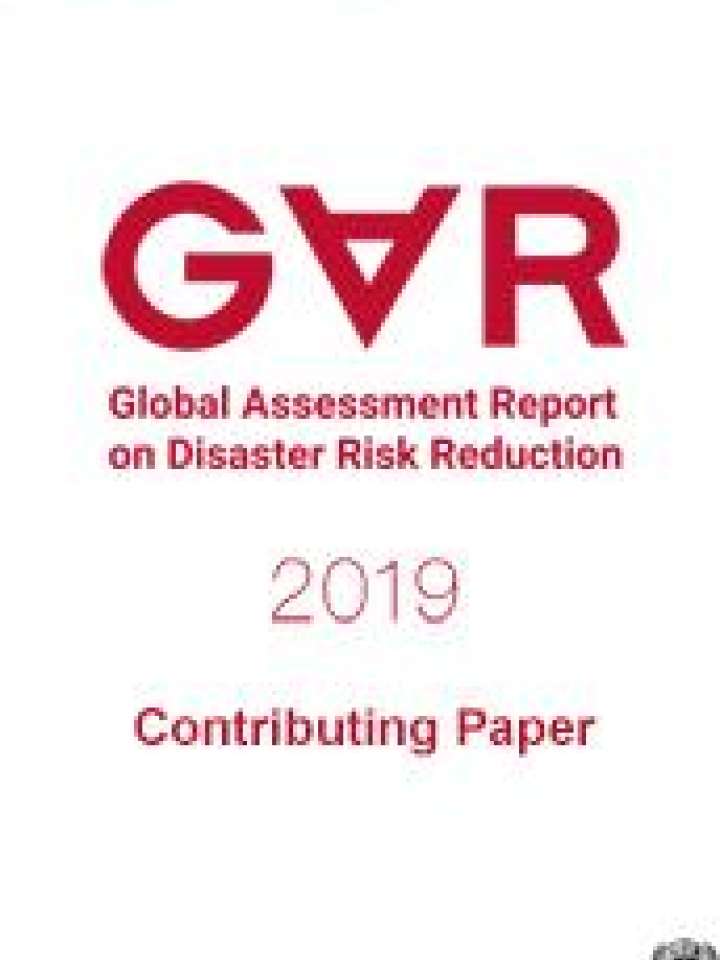Integrated Research on Disaster Risk (IRDR)
Disasters disrupt normalcy and present challenges for development policies. The impacts of any disaster–whether triggered by climate change, natural hazards or other man-made events–can be compounded by decisions that intentionally or unintentionally amplify rather than reduce damage. Disasters have impacts across all sectors, necessitating multi- and trans-disciplinary research. The Integrated Research on Disaster Risk Programme (IRDR) aims to provide both the conceptual underpinnings for an integrated research framework to achieve disaster risk reduction, as well as the organizational scaffolding to support capacity building and the advancement of this vision globally.
Wisdom on science and technology for disaster risk reduction emerging from the IRDR Programme falls into four thematic areas:
- disaster loss data collection,
- forensic investigations of collected data,
- interpretation of risk factors,
- the analysis of integrated research on disaster risk reduction.
Across these, IRDR has developed trans-disciplinary, multi-sectorial alliances for in-depth, practical disaster risk reduction research studies to support the implementation of effective evidence-based disaster risk reduction policies and practices. Assessments suggest that multi-sector strategic partnerships are essential to enhance capacity development and to enable effective policy making based on evidence.
This paper is a contribution to the 2019 edition of the Global Assessment Report on Disaster Risk Reduction (GAR 2019).
To cite this paper:
Fakhruddin, B. et al. Integrated Research on Disaster Risk (IRDR). Contributing Paper to GAR 2019
